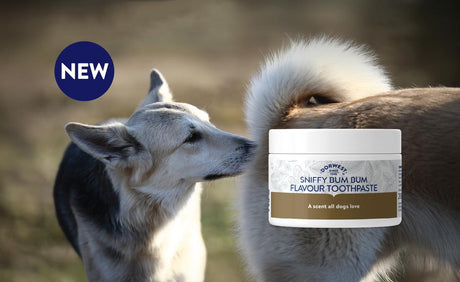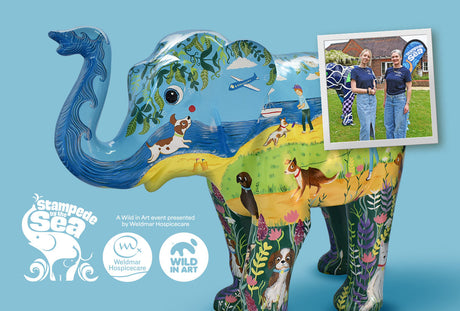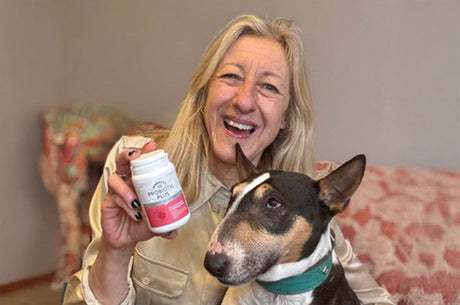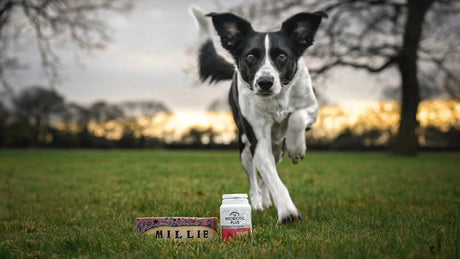A lot of us know how to give first aid to a person who is in need, but what about when our dog might need it? We’ve been thinking a lot recently about what we would do for our dogs if an accident or other emergency situation occurred. We have quite a few dogs at work with us every day here at Dorwest and some of us have just been on a canine first aid course to learn more. As well as teaching us a lot, it made us realise that learning about the simple, but effective, things you can do before getting your dog to the vet could be the difference between life or death. Unfortunately many dogs are involved in road accidents every year, but can also be injured when out exercising, suffer heatstroke, swallow something poisonous or get into some other emergency situation. Knowing what to do seems a really sensible thing and taking part in a dog specific first aid course is also an important aspect of responsible dog ownership. Although there are some similarities, we learnt that it is quite different to the first aid techniques used for people.

There are a number of Canine First Aid courses that you can take part in that are pretty inexpensive and the knowledge you get will prove incredibly useful if you should every find yourself in such a situation. Look for one in your area, or perhaps get together with friends and organise a course yourself for your dog club or dog owning friends. Like human first aid courses, these need to run by a qualified professional and there are a number of different providers up and down the country that you can contact. Having been on a course, we would thoroughly recommend you taking part and the confidence it will give you to cope in an emergency can’t be overstated.
Here are some websites providing canine first aid courses that you can look into:
www.dog-first-aid.com www.britishcollegeofcaninestudies.com
www.caninefirstresponder.co.uk

While it’s not appropriate for us to attempt to give you specific information on what to do in any situation, there are a few of simple common sense things that are useful for us all to know:-
- Keep your vet’s phone number in your phone so it’s to hand when needed.
- Always phone the vet, whatever the situation, as they may be able to suggest immediate action you can take, and they will then also know the situation, so if you are taking your dog into the surgery they can be prepared.
- Never give human medicines to a dog, many will do more harm than good.
- Don’t offer the dog food or water if you are taking your dog to the surgery, in case an anaesthetic is needed later on.
- Keep calm and assess the situation and remember that injured animals are frightened and in pain and may not understand that you are trying to help.
Something we’ve thought more about since getting involved in this subject, is that pet owners should all carrying a pet first aid kit with us when we go out, either in the car, or better still in our pocket or backpack. The contents will vary in different kits, but the usual contents will include sterile saline eyewashes, a foil blanket, vinyl gloves, cleansing wipes, tweezers and a selection of dressings, swabs and tape. These kits are not expensive or bulky and are small enough to be able to fit onto your belt easily.
There are other useful things that you might want to include in your pet first aid kit, that won’t take up much room, and can be useful in non emergency situations. We recommend the following from our range -
- Homoeopathic Arnica 3C pillules to give for shock
- Homoeopathic Merc Viv 30C pillules for any bouts of unexpected tummy upsets
- Our Skin Balm to soothe any minor grazes or sores
- Valerian Compound to calm and relax stressed pets
We hope this has given you an insight into what is useful to think about when accidents happen, but we do suggest that you consider finding more out by attending a Canine First Aid course.







